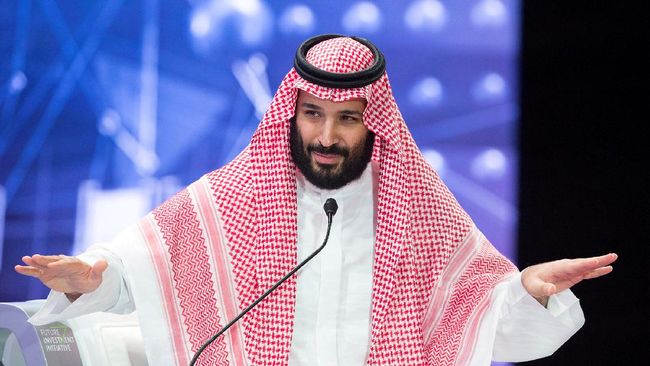Jakarta, CNN Indonesia –
The Salafi-Wahhabi teachings are embraced by some five million Sunni Muslims Saudi Arabia. Therefore, Wahhabi known as the most influential Islamic understanding there.
This notion is deeply rooted in Saudi Arabia because it has been supported by clerics who have run the judiciary and religious police of Saudi Arabia for decades. Furthermore, the government of Saudi Arabia is following the Wahhabi interpretation of the holy book Al-Quran.
Wahhabi teachings are characterized as muwahhidn or unitary, which is the term from their emphasis on the absolute unity of God or tauhid. They reject all actions which they consider to involve polytheism.
However, Saudi Arabia continues to undergo a number of changes from time to time. Also, when the crown prince of Saudi Arabia, Prince Mohammed Bin Salman (MbS) holds the cornerstone of leadership in the country.
MbS stressed that the teachings brought by Muhammad bin Abdul Wahhab alias Wahhabism were not so far the only Saudi ideology and identity.
“Today no one should impose their teachings that make them the only understanding in Saudi Arabia,” MbS said in an interview with The Atlantic media, cited by state media. Saudi Gazzette.
“Maybe it was our story, as I said in the 1980s, 1990s and early 2000s. Today we are on the right track,” he added.
As proof of his intervention, MbS has made several efforts. He has made many new discoveries in his country than he is.
MBS seeks to limit the powers of hardline clerics and high profile sheikhs who promote uncompromising views of Islam in Saudi Arabia.
Furthermore, MbS called his country’s relationship with Wahhabism a problem. Dozens of prominent Saudi religious figures were arrested in the operation he ordered.


